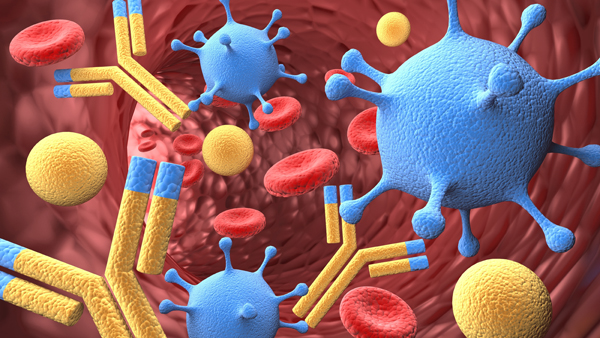The Annual Meeting of the American Association for the Advancement of Science (AAAS 2016) took place last weekend, and some exciting new progress has been made in the field of CAR-T therapies for blood cancer. The research – mainly conducted at the Technical University of Munich (TUM) – outlined new CAR-T techniques aimed at increasing the potency and lifespan of these drugs, while reducing the risk of side effects.
The research was partially funded by Juno Therapeutics, a biotech company based in Seattle, Washington, which has collaborations with a number of major institutions focusing on cancer research. While it’s a simple technology, the CAR-T immunotherapy platform has tremendous potential for treating a wide range of cancers.
The technique works by engineering patient-derived – also known as autologous – T cells with a chimeric antigen receptor designed to recognize cancer cells. Biotech firms – including Juno, Novartis, and Kite Pharma – have all provided study data that suggests the therapy may be effective in treating blood cancers, however the technique may need to be modified in order to make it a viable treatment option for solid tumor cancers.
The researchers – including Dirk Busch from TUM, Chiara Bonini of the San Raffaele Scientific Institute in Milan, and Stanley Riddell of the Fred Hutchinson Cancer Research Center – found that memory T cells were the most effective subset of the cell type to use in CAR-T immunotherapy. They found that this type of immune cell might be able to produce a prolonged patient response to the therapy without inciting cytokine release syndrome, which has limited use of the therapy due its potentially life-threatening nature.
“What we bring into the game is, first, the conviction that you have to select the right cells to generate optimal cell products for therapy, together with superior techniques to do it,” said Busch. “Over the past years, we at TUM as well as Stan Riddell and Chiara Bonini have worked on providing cell products that will upon transfer to patients expand to large numbers and stay active for a long time, potentially life-long. We identified a subset of T cells with high regenerative potential, where even low numbers of transferred cells – in the extreme a single T cell – can confer therapeutic immune responses.”
After testing the CAR-T technique on late-stage blood cancer patients, the researchers found that 94 percent of patients with acute lymphoblastic leukemia experienced an elimination of their symptoms. The treatment response rate in patients with other types of blood cancers was 80 percent.
“This really is a revolution,” Bonini told The Guardian. “T cells are a living drug, and in particular they have the potential to persist in our body for our whole lives.”
In May of 2015, Juno acquired Stage Cell Therapeutics – an offshoot company from TUM – in an estimated $233 million deal. While the company hopes its autologous CAR-T immunotherapy will be the first approved therapy to hit the market, French biopharma Cellectis has an off-the-shelf CAR-T therapy in the pipeline.












Join or login to leave a comment
JOIN LOGIN